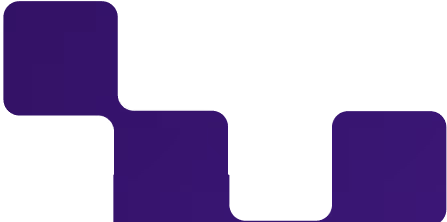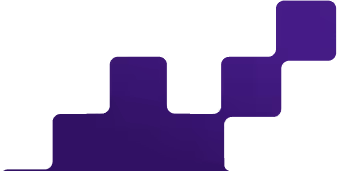Cash defines survival in startups. Understanding how much runway you have—the amount of time you can operate before running out of cash—impacts every financial decision. This number drives every major decision you'll make for your company.
Runway = months your startup can survive with your current cash. You can calculate this with a simple formula:
Available Cash ÷ Net Burn Rate = Runway (in months)
Here’s an example: $150,000 expenses - $50,000 revenue = $100,000 net burn.
For an even better understanding of the different types of burn rate (yes, there is more than one), check out this video we created with our CEO, Sasha Orloff.

Runway guides critical decisions—when to fundraise, where to cut costs, and how to scale with confidence.
💡When to start fundraising: Most VCs suggest starting a fundraising process when you have 12–18 months of runway left. If you fall below 6 months, fundraising gets significantly harder, and cutting costs fast becomes the only option.
Accounting keeps you compliant. Financials help you fundraise, file taxes, and set valuations. But burn and runway determine your survival. This is your countdown clock. In the early days, no other number matters more.
Here’s how to calculate it:
Sum up all the cash in your accounts, then subtract outstanding credit card balances, payroll obligations, and any other immediate liabilities.
E.g. $750,000 in current cash - $100,000 payroll, - etc = $500,000
Identify how much cash your company spends monthly, and subtract any recurring revenue. Follow the formula mentioned above: Available Cash ÷ Net Burn Rate = Runway (in months)
E.g. $150,000 expenses - $50,000 revenue = $100,000 net burn.
Divide your available cash by your net burn rate to calculate the number of months your runway will last.
E.g. if your available cash is $500,000 and your net burn rate is $100,000, your runway would be 5 months.
Add the runway (in months) to the current date - if you’re starting in January with 5 months runway, you'll be out of cash in June.
The simple formula is just your starting point. Most startups have variable expenses and fluctuating revenue that make runway calculations complex.
Here are some other things you can take into account to make your runway more accurate:
📆 Average your burn rate across multiple time periods (3, 6, or 12 months) to account for seasonality and irregular expenses. A single month of unusual spending or revenue can skew your projections significantly.
🧑💻Your financial model needs to capture future changes. Map out planned hires, product launches, and infrastructure costs. A series of small additions—a new engineer here, a software subscription there—can dramatically accelerate your burn rate.
If you’re planning to expand your team, your burn rate won't just increase by the new salaries. You have to account for equipment, software licenses, benefits, and payroll taxes. A $120,000 salary often means $150,000+ in actual annual costs.
🪄One-time expenses are often overlooked but crucial. Factor in annual insurance premiums, security deposits, hardware refreshes, or conference sponsorships. These irregular costs can suddenly cut your runway by months if not planned for.
Some founders revisit runway projections every quarter, but if your burn rate changes by more than 10%, it's worth recalculating sooner to avoid surprises.
Runway dictates your next move. Here’s when to act:
18+ months: Focus on growth.
12 months: Time to start fundraising if you’ll need capital.
6 months: Fundraise, cut costs, or increase revenue, don’t wait.
<3 months: Urgent action. A bridge round or major cuts might be necessary.
Financial statements don't show burn and runway directly. Puzzle eliminates manual spreadsheet work by consolidating all burn components into a single dashboard. Our tools give founders a clear, real-time view of their cash position without the typical manual work.
We automated runway tracking with:
Our goal was to make this process incredibly easy to understand. Your Puzzle dashboard displays current cash position, net burn, and runway burn rate—both 1-month and 3-month averages. You can even run custom burn scenarios to model different runway outcomes.

We recently introduced additional features to help founders and finance teams have a clear overview of their financials:
🃏Runway card displays: Instantly see your projected runway end date and months of coverage based on your current burn rate.

💸Cash activity report: Standard cash flow statements obscure your real cash position. They bury spending in balance sheet changes or dump everything into broad categories. Our cash activity report shows exactly where every dollar comes from and goes to.

✨Automation: Puzzle uses automation and a metric we call “Available Cash Balance,” to calculate your burn and runway. We take your current bank balances, then subtract any credit card balances and amounts owed for payroll as if the cash has already been spent, to more accurately calculate the remaining runway.

These features allow founders to easily track their financial health without endless spreadsheets and manual work.
Accurate runway calculations drive better decisions about growth, costs, and fundraising timing. Use the right tools, stay realistic with projections, and keep your finger on your cash pulse.





